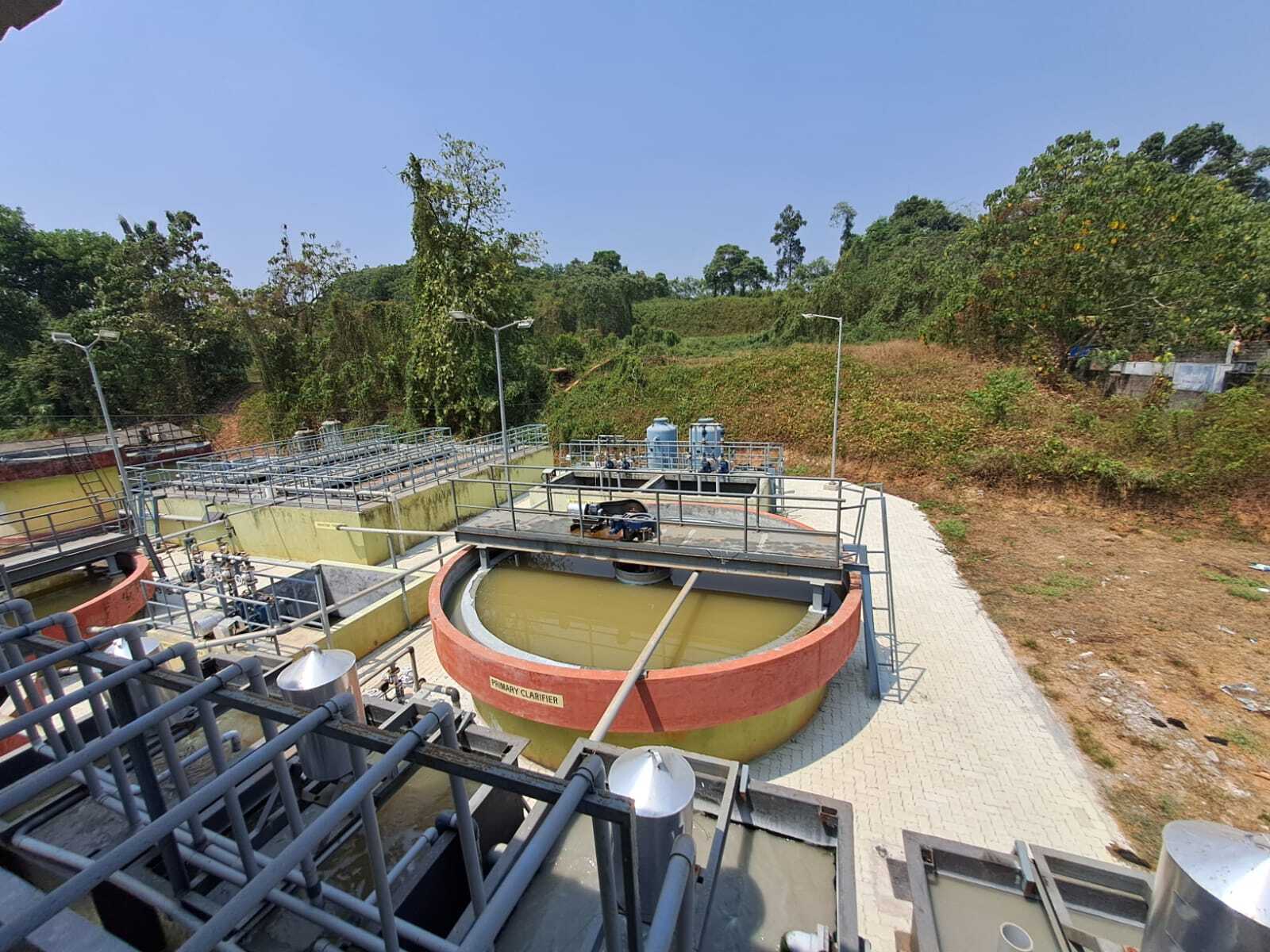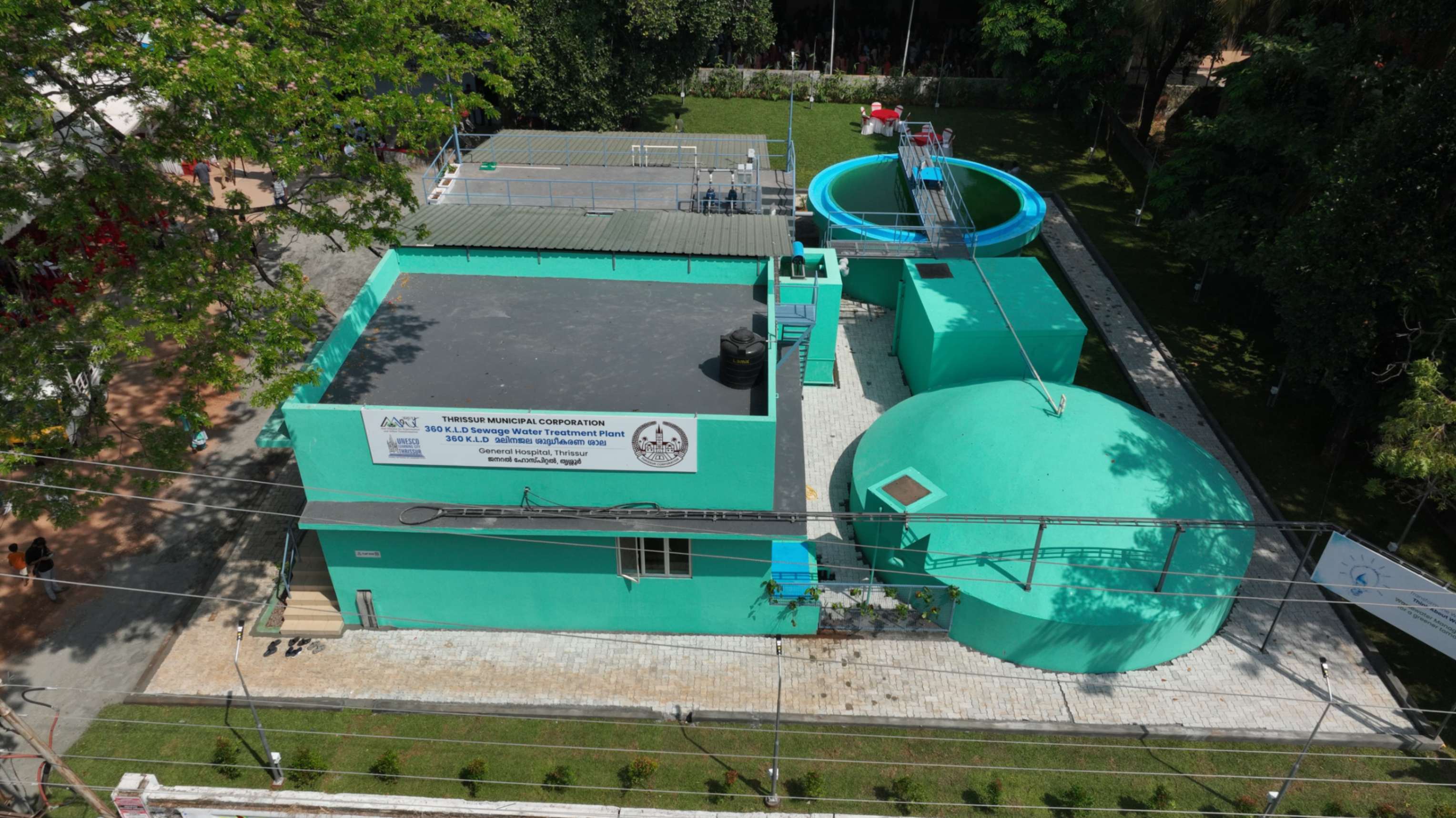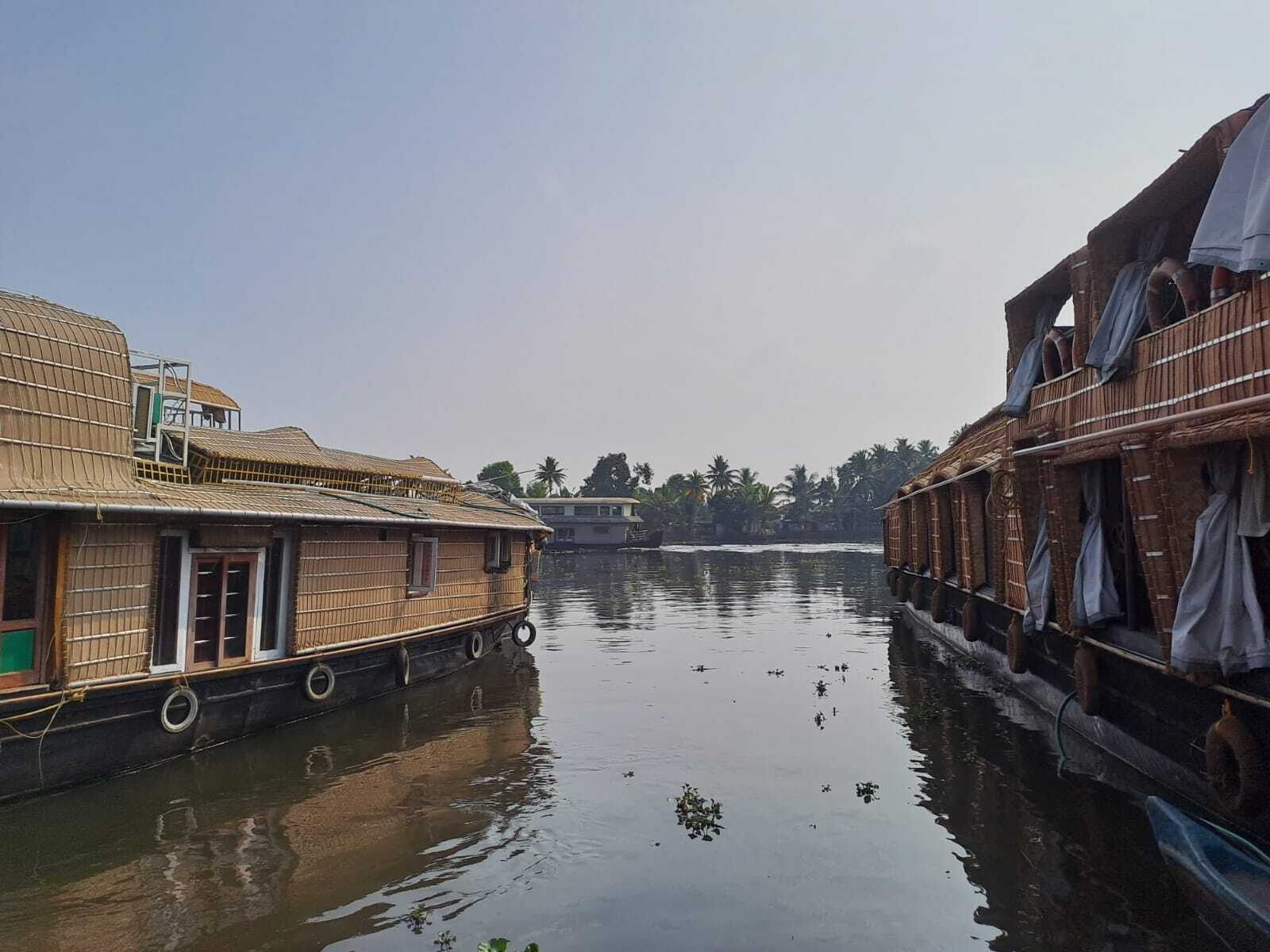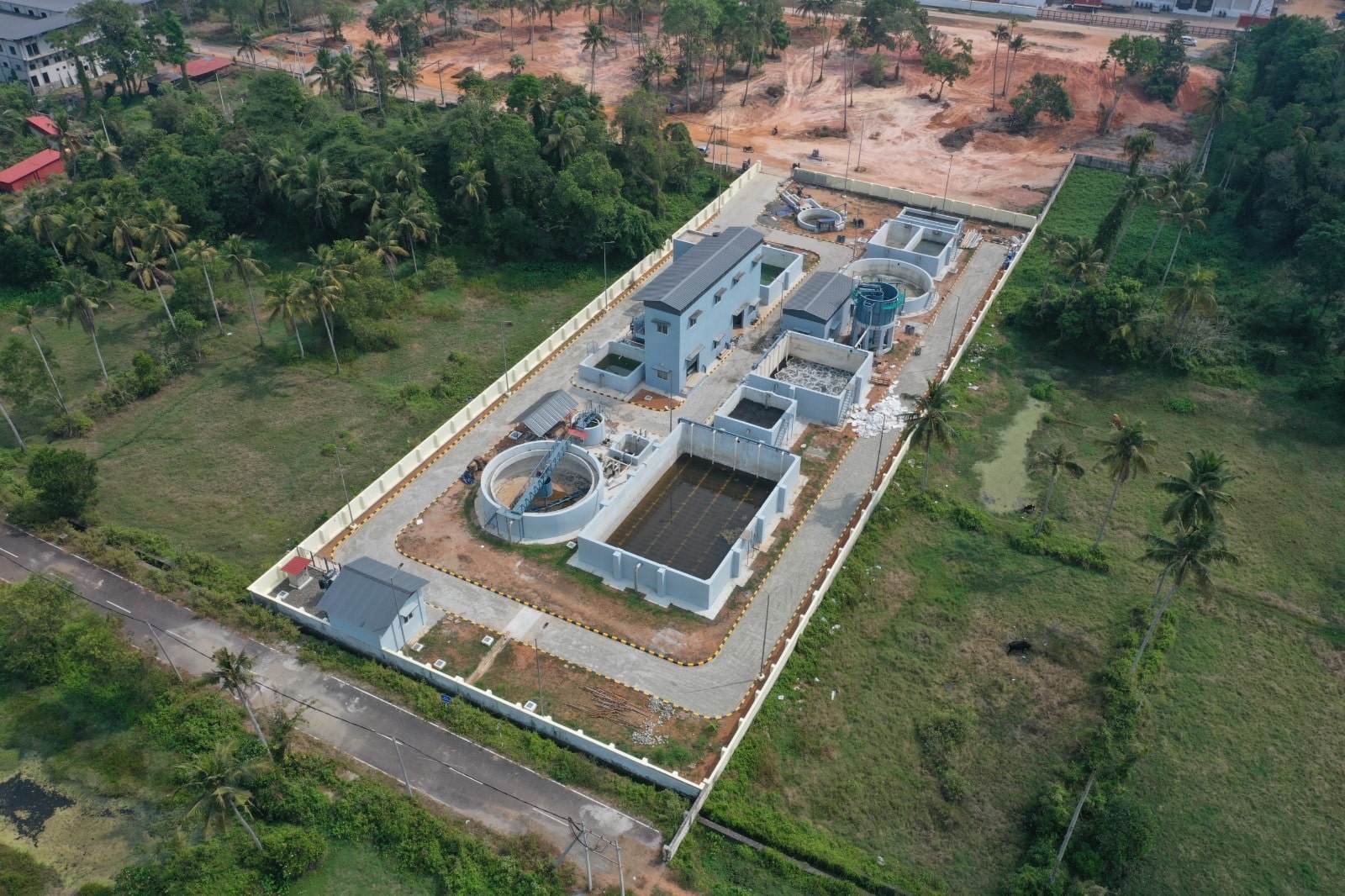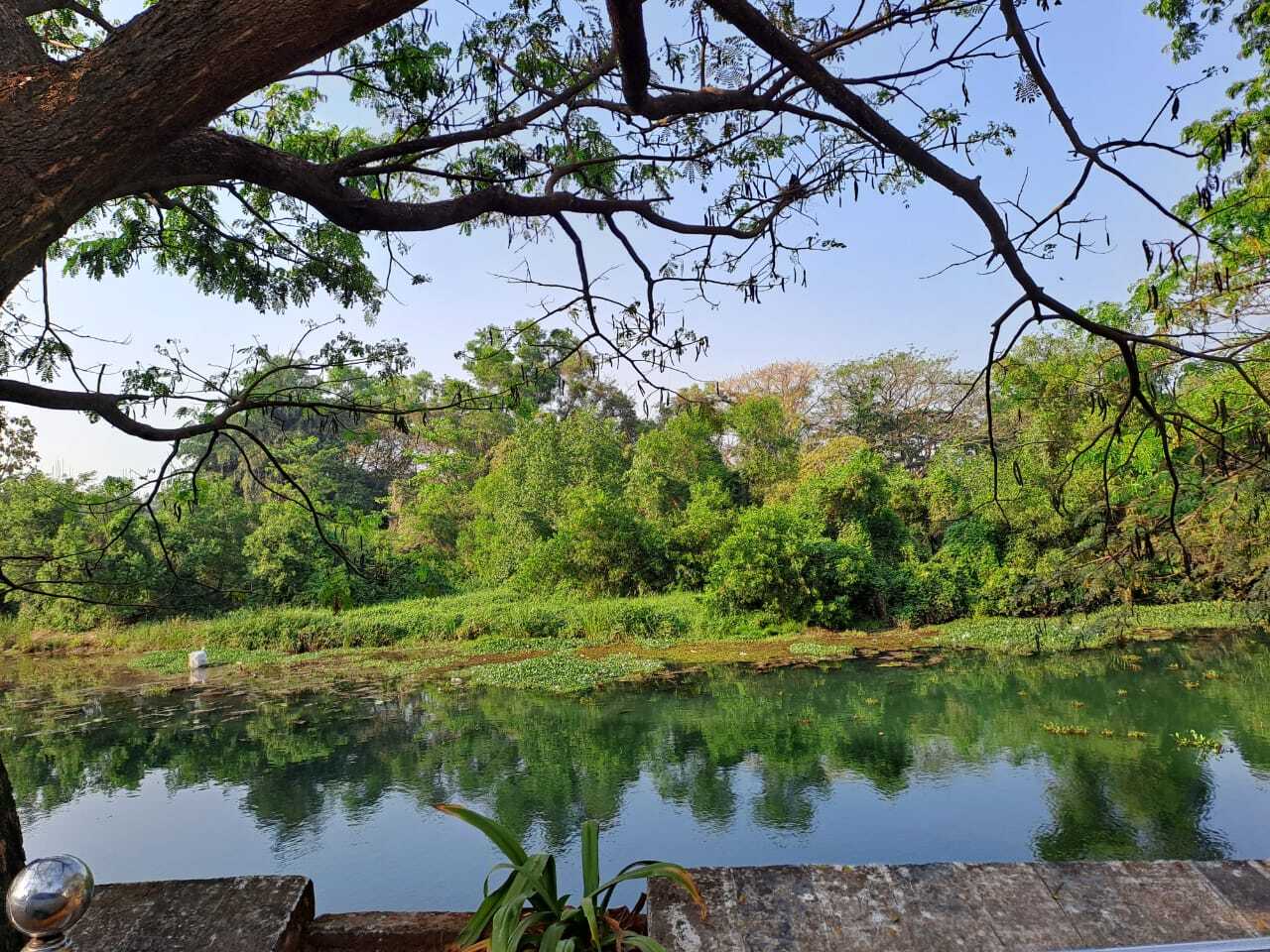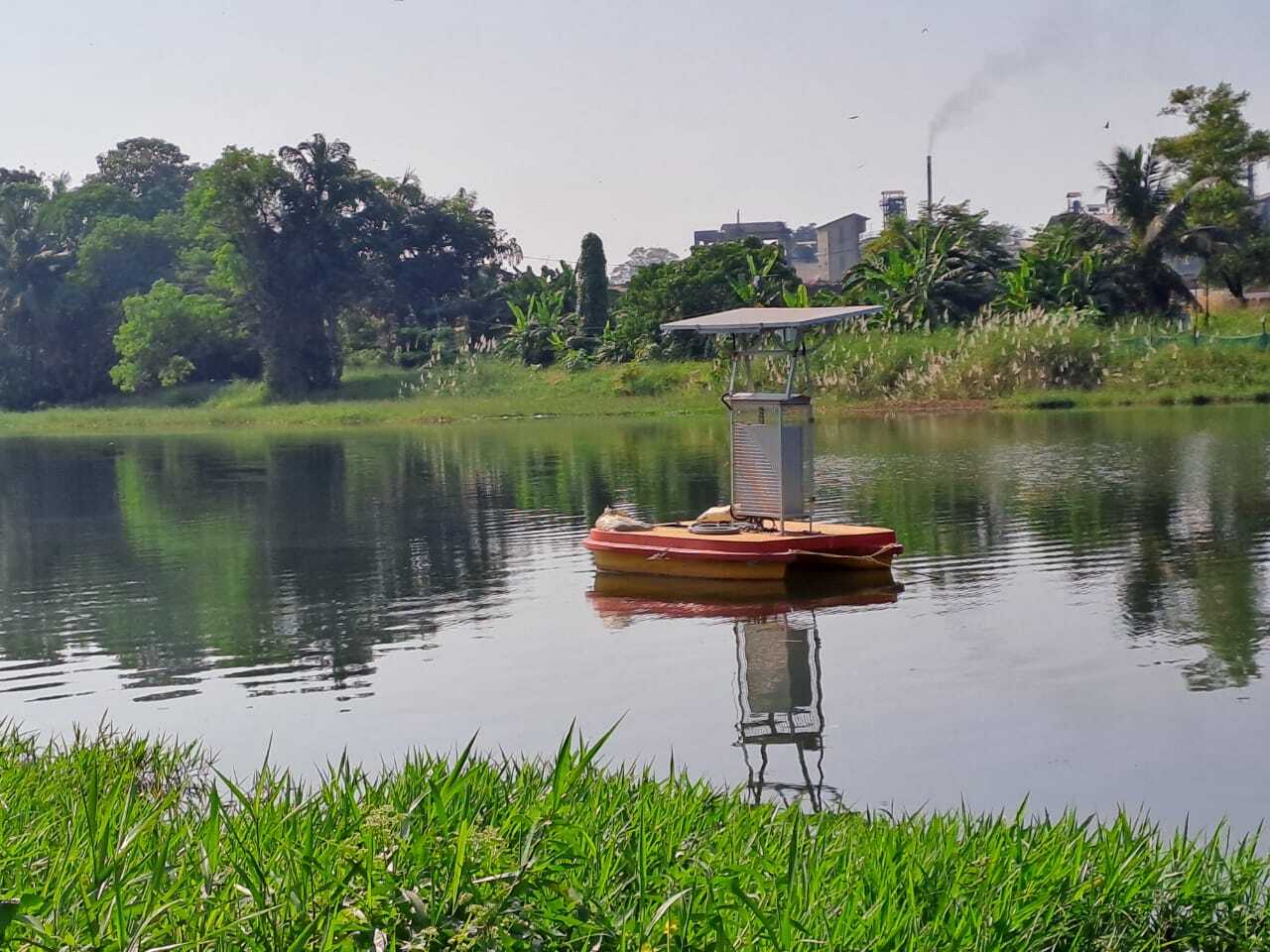BATTERIES MANAGEMENT RULES, 2022 have been enacted as per Section 6, 8 and 25 of Environment (Protection) Act, 1986. These rules came into effect on 24.08.2022. The rule promotes circular economy and environmental sound management of waste battery. New rules replaced the Batteries (Management and Handling) Rules, 2001 and encompass all types of batteries, viz. electric vehicle batteries, portable batteries, automotive batteries and industrial batteries. These rules shall apply to producer, dealer, consumer, entities involved in collection, segregation, transportation, re-furbishment and recycling of waste battery. These rules do not apply to battery used in equipment connected with the protection of the essential security interests including arms, ammunitions, war material and those intended specifically for military purposes; and equipment designed to be sent into space.
The concept of Extended Producer Responsibility (EPR) is an attractive feature where the producers (including importers) of batteries are responsible for collection, recycling/refurbishment of waste batteries and use of recovered materials from wastes in new batteries. The EPR mandates that all waste batteries to be collected and sent for recycling/refurbishment, and their disposal in landfills and incineration is prohibited. Producers either themselves or through their authorised entity are mandated to collect, recycle or refurbish waste batteries to meet the EPR obligations. The rule also promotes new technologies, investment in recycling and refurbishment industry and creates new business opportunities by mandating the minimum percentage of recovery of materials from waste batteries. The rules enable setting up a mechanism and centralized online CPCB portal for exchange of EPR certificates between producers and recyclers/refurbishers to fulfil the obligations of producers.
Environmental Compensation will be imposed for non-fulfilment of Extended Producer Responsibility targets, responsibilities and obligations set out in the rules based on the principle of Polluter Pays Principle. The funds collected under Environmental Compensation shall be utilised in collection and refurbishing or recycling of uncollected and non-recycled waste batteries.
Functions of Producer
- Have the obligation of Extended Producer Responsibility for the battery that they introduce in the market to ensure the attainment of the recycling or refurbishing obligations.
- Meet the collection and recycling and/or refurbishment targets as mentioned in Schedule II for battery made available in the market.
- Ensure that the waste battery collected is sent for recycling or refurbishing and not for landfilling or incineration.
- The person or an entity involved in manufacturing of battery shall have to register through the online centralised portal as Producer in Form 1(A). Renew the registration in Form 1(A) before sixty days of its expiry.
- Inform the Central Pollution Control Board of any changes to the information contained in the Extended Producer Responsibility Registration and of any permanent cessation as regards to the making available on the market of the Battery referred to in the Extended Producer Responsibility Registration.
- Producer shall provide Extended Producer Responsibility plan in the Form 1(C) to Central Pollution Control Board by 30th June of every year for the battery manufactured in the preceding financial year through the centralised portal.
- In order to develop a separate waste stream for collection of waste battery for fulfilling Extended Producer Responsibility obligations, the Producer, may operate schemes such as deposit refund system or buy back or any other model.
- In order to meet the obligations of Extended Producer Responsibility, the Producer may engage itself or authorise any other entity for collection, recycling or refurbishment of waste battery.
- File annual returns in Form 3 regarding the Waste Battery collected and recycled or refurbished towards fulfilling obligations under Extended Producer Responsibility with the Central Pollution Control Board and concerned State Pollution Control Board by 30th June of the next financial year.
- Responsible to adhere to prohibitions and labelling requirements as prescribed in Schedule I and ensure safe handling of battery or waste battery such that no damage to human health and environment occurs.
- Bring to the notice of the Central Pollution Control Board or State Pollution Control Board of violations of these rules by any entity involved in handling and management of waste battery.
- Producer shall have the obligation with respect to the minimum use of domestically recycled materials in new battery .The assessment of the minimum use of the recycled materials in battery shall be in respect of the total dry weight of battery. In case of imported battery, the Producer shall have to meet the obligation of the minimum use by way of getting such quantity of recycled materials utilised by other businesses or by way of exporting such quantity of recycled materials.
Functions of Consumer
- To discard waste battery separately from other waste streams especially from mixed waste, domestic waste streams;
- ensure that waste battery are disposed off in an environment friendly manner by giving it to an entity engaged in collection or refurbishment or recycling;
Functions of Public Waste Management Authorities
- Hand over collected waste battery to the producers or agencies acting on their behalf or the entity engaged in refurbishment or recycling with a view to refurbishment or recycling of those waste battery or carry out their recycling or refurbishment themselves.
Functions of entity involved in collection, segregation and treatment
- Responsible treatment to hand over waste battery to registered refurbisher or recycler;
- Ensure that a facility is in accordance with the standards or guidelines prescribed by the Central Pollution Control Board;
- Carry out any activity in accordance with the guidelines prescribed by Central Pollution Control Board.
Functions of Refurbisher
- Register with State Pollution Control Board on the centralised portal for grant of one-time registration in Form 2(A).
- Ensure that it carries out any activity in accordance with the guidelines prescribed by Central Pollution Control Board;
- Ensure that hazardous waste generated from any activity is managed as per the provisions under Hazardous and Other Wastes (Management and Transboundary Movement) Rules, 2016;
- Ensure that other waste generated during handling and refurbishing activities be managed as per Solid Waste Management Rules, 2016 and Plastic Waste Management Rules, 2016;
- Ensure that refurbishment processes and facilities comply with the standards or guidelines prescribed by the Central Pollution Control Board;
- Ensure that the waste battery is removed from collected appliance if battery is incorporated in the equipment.
- Furnish quarterly returns in Form 4 by the end of the month succeeding the end of the quarter regarding the information on quantity of used battery collected or received from various producers or entities, refurbished quantities, quantity of hazardous and/or other waste including solid waste or plastic waste generated after refurbishment and disposal of such quantity as per extant rules
- Shall not deal with any other entity not having registration mandated under these rules
Functions of Recycler
- Register with the State Pollution Control Board in Form 2(A) through the online portal for grant of one-time registration.
- Responsible to ensure that it carries out any activity in accordance with the guidelines prescribed by Central Pollution Control Board
- Ensure that hazardous waste generated from any activity of the entity is managed as per the provisions under Hazardous and Other Wastes (Management and Transboundary Movement) Rules, 2016
- Ensure that other waste generated during handling and recycling activities be managed as per Solid Waste Management Rules, 2016, Plastic Waste Management Rules, 2016 and E-waste (Management) Rules, 2016;
- Ensure that recycling processes and facilities for waste battery comply with the standards or guidelines prescribed by Central Pollution Control Board;
- Ensure that the waste battery is removed from collected appliance if battery is incorporated in equipment.
- Furnish the quarterly returns in Form 4 by the end of the month succeeding the end of the quarter regarding the information on quantity of waste battery collected or received from various producers or entity, recycled quantities, compliance of material-wise recovery percentage, quantity of hazardous and/or other waste including solid waste or plastic waste generated after recycling and of such quantity as per as per extant rules.
- Recycler shall not deal with any other entity not having registration mandated under these rules.
Submission of Annual Report
| Stake Holder | Form No | Relevant Dates | Submitted to |
| Producer | Annual Report Form 3 | Annual Report by 30th June | CPCB & SPCB |
| Recycler | Quarterly Report Form 4 | Quarterly Returns by the end of the month succeeding the end of the quarter | SPCB |
Registration
| Name of Stake Holder | Form No. | Relevant Dates | Submitted to |
| Registration of Producers | Through the online centralised portal Form 1(A) | CPCB | |
| Renewal of Registration | Through the online centralised portal Form 1(A) | Before 60 days of expiry | CPCB |
| Submission of Extended Producer Responsibility Plan by producer | Through the online centralised portal Form 1(C) | 30th June of every year | CPCB |
| Recycler/Refurbisher | Through the online centralised portal for one-time registration Form 2(A) | SPCB |
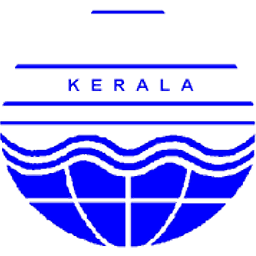


_(2).jpg)






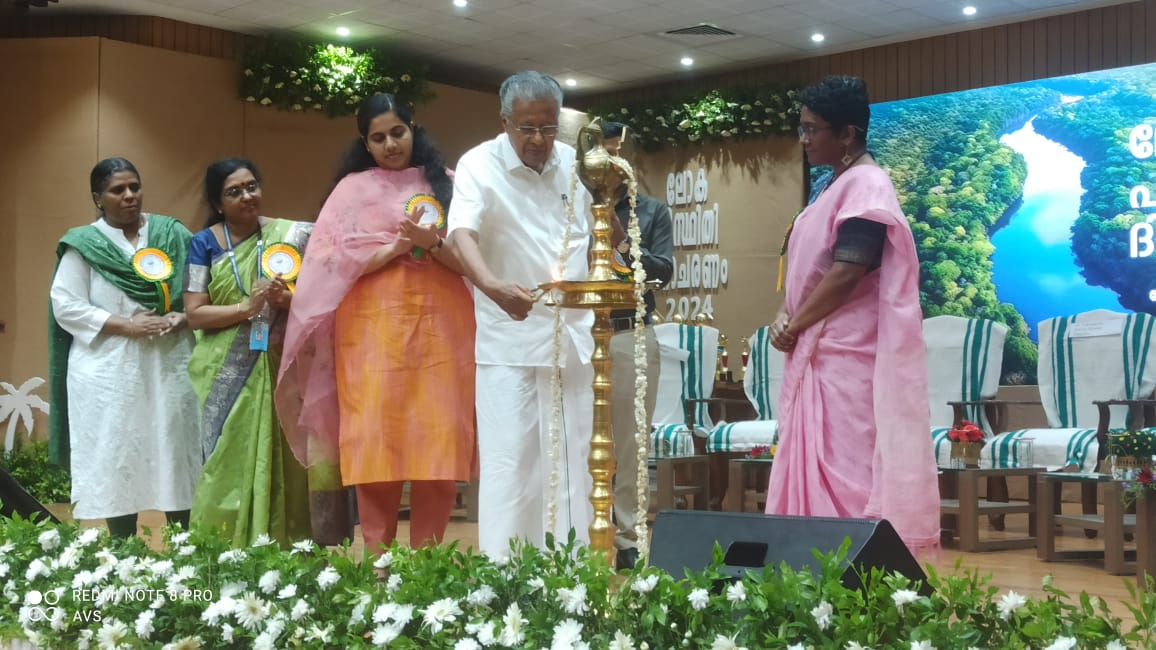
.jpg)

